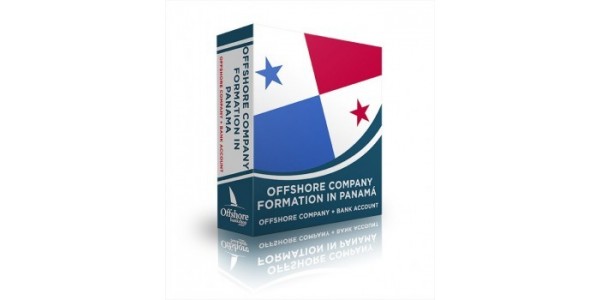“The Court Notes That Three Years Of Radio Silence From OFAC Is Troubling”
The words appearing in quotations in the title to this blog post, “The Court notes that three years of radio silence from OFAC is troubling”, are from the Honorable Rudolph Contreras of the United States District Court for the District of Columbia. They were recently written in a Memorandum Opinion in which Judge Contreras dismissed a lawsuit seeking to compel the United States Department of the Treasury’s Office of Foreign Assets Control (“OFAC”) to remove the Foreign Narcotics Trafficking Kingpin Act (“Kingpin Act”) designation of Fernando Zevallos. Despite the case being dismissed, the Court made a few interesting findings that may impact future OFAC designation reconsideration matters.
First, the Court, in discussing the post-deprivation process afforded to Zevallos, found that Mr. Zevallos was afforded post-deprivation process, because OFAC sent him a questionnaire seeking responses to be considered in his reconsideration. However, the Court noted that the three (3) years in which OFAC failed to respond Zevallos after he filed his response, and their loss of a volume of exhibits submitted by Mr. Zevallos’ in his previous reconsideration request, was troubling. This is even more so when considering that Mr. Zevallos attempted to communicate with OFAC multiple times during that period to no avail. Ultimately, however, there was no sustainable claim arising out of lack of post-deprivation process because Mr. Zevallos was provided with the basis of his designation when he previously contested his designation, and because he had received the aforementioned questionnaire.
Second, the Court noted that the issue of what due process was afforded to a designated party under theKingpin Act and when that process was to be afforded were matters of first impression in the D.C. Circuit, although such considerations for OFAC designations made under the authority of the International Emergency Economic Powers Act (“IEEPA”) were not. In his filings Mr. Zevallos cited several cases from other circuits where courts had found that OFAC’s use of the same procedures in denial actions under both the Kingpin Act and IEEPA was arbitrary and capricious since they were two separate and distinct statutes. The Court here, however, distinguished those findings due to the fact that the case Zevallos cited dealt with licensing denials and unblocking decisions, whereas Mr. Zevallos’ case addresses a delisting petition. As such, the Court found that due to the history behind the Kingpin Act and the other connections between the two statutes that the due process afforded to delisting petitions designated pursuant to IEEPA should be the same for those designated under the Kingpin Act.
Finally, and probably the most surprising to me, was that Judge Contreras gave some weight to the argument that the basis for designation still existed because Mr. Zevallos has pending charges in the Southern District of Florida for violations of the Kingpin Act. However, violations of the Kingpin Act aren’t necessarily related to the defendant’s engaging in narcotics trafficking activities. Rather, it is for prohibited transactions in property owned or controlled by a party designated pursuant to the Kingpin Act. Since Mr. Zevallos is alleged to have attempted to transact in property owned by himself subsequent to his designation, he was charged for violations for the Kingpin Act. The Court found that this was an attempt to transact in proceeds of narcotics trafficking activity which would fall under the definition of narcotics trafficking in the Kingpin Act. Furthermore, the Court found Zevallos’ designation warranted, in part, because both Zevallos, and another inmate who he was believed to previously have had a business relationship with, were both caught with cell phones in their prison cells. According to some media sources, cellphones are sometimes used by inmates to conduct drug trafficking while incarcerated. In light of the foregoing, the Court found that OFAC had a reasonable cause to believe that Mr. Zevallos is still engaged in narcotics trafficking activities.
Although, the designation was maintained in Mr. Zevallos case the Court still provided some important insight for those seeking to contest their designations in the future. First, it indicated there are issues with the amount of time OFAC is taking to review and/or respond to delisting petitions. Second, the decision provided some insight into what types of evidence is needed for OFAC to meet their burden in these cases. Finally, it established some case law in the D.C. Circuit for those contesting a denial of a Kingpin Act designation under theories of due process by affording the same due process for both IEEPA designees and Kingpin Act designees. All of these are important points for consideration for any parties designated under the Kingpin Act.



